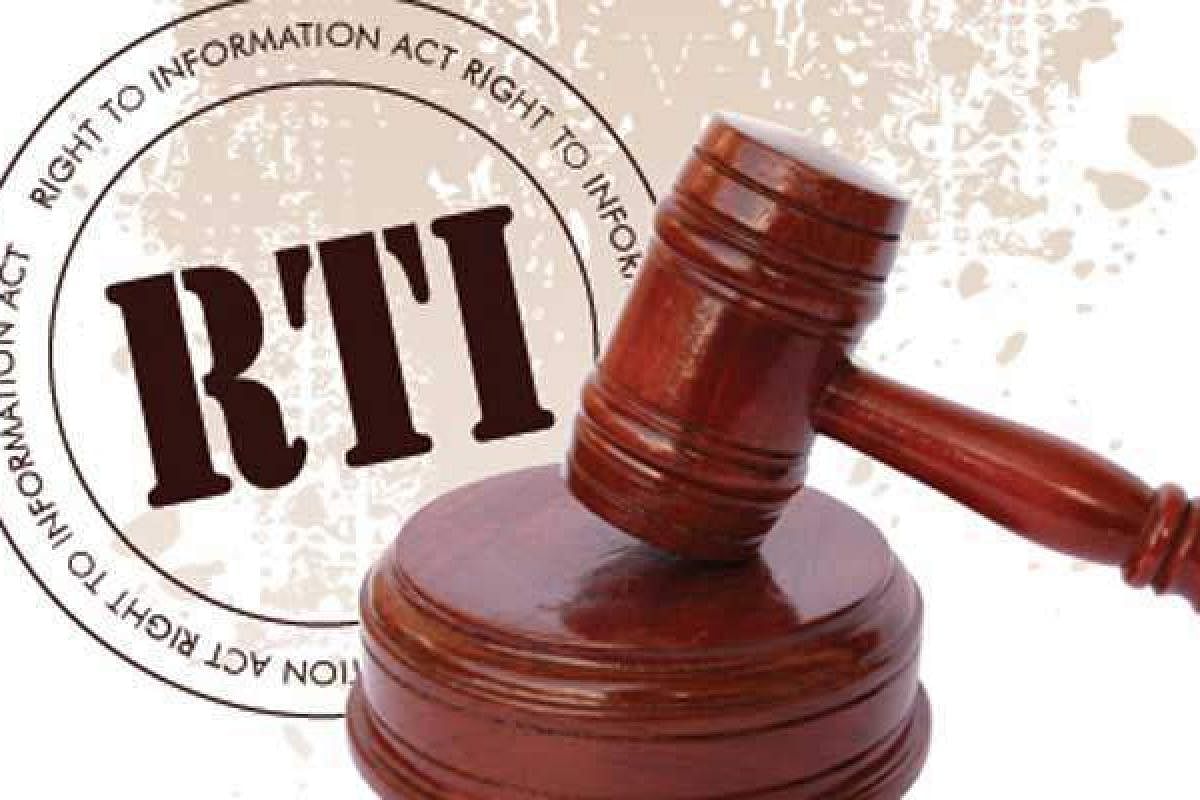Privacy and the Press
The new Digital Data Protection regime could have chilling consequences for Press freedom, says Srinivas Madhav
Sanghaik while addressing a webinar on the Right to Information Act in which students from HP University and other colleges participated, said the right to information is a fundamental right.
SNS | Shimla | October 19, 2021 12:06 pm

(representational image)
The Supreme Court of India, High Courts, the President, and Prime Minister’s Offices also come under the ambit of RTI Act, Dr. Gopal Krishna Sanghaik, an RTI expert and associate professor at Shimla based government college said on Monday.
Sanghaik while addressing a webinar on the Right to Information Act in which students from HP University and other colleges participated, said the right to information is a fundamental right.
Advertisement
Sanghaik quoted a decade-old judgment of a constitutional bench of the Apex court in which it was upheld that Supreme Court and High Courts were also public authorities and were covered under the RTI Act with few exceptions.
Advertisement
“The landmark judgment of the constitutional bench has upheld the judgment of Delhi High Court that the information related to the declaration of assets by judges and their appointments could be provided to the applicant under the Act.
But there are few exceptions and information related to judicial work of judges cannot be released under the RTI Act,” he added.
He further stated that the offices of the President of India and Prime Minister were also covered under the RTI Act.
He spoke at length on the legal and application part of the RTI Act and explained the procedure to file an application and appeal thereof if the information is delayed or denied.
Prof Ajai Srivastava, chairman of Umang Foundation said the webinar series had been started to make the youth aware of human rights and to motivate them to work for the vulnerable sections of the society.
Sanjeev Sharma, trustee of Umang Foundation said the weekly webinar was 5th in the series on issues related to human rights.
Advertisement
The new Digital Data Protection regime could have chilling consequences for Press freedom, says Srinivas Madhav
The Supreme Court was hearing the PIL challenging the poll panel’s communications whereby the maximum number of electors per polling station had been increased from 1200 to 1500.
Justice Sanjiv Khanna assumed office as the 51st Chief Justice of India on Monday, following Justice DY Chandrachud’s tenure. The oath of office was administered by President Droupadi Murmu in a ceremony at Rashtrapati Bhavan.
Advertisement
